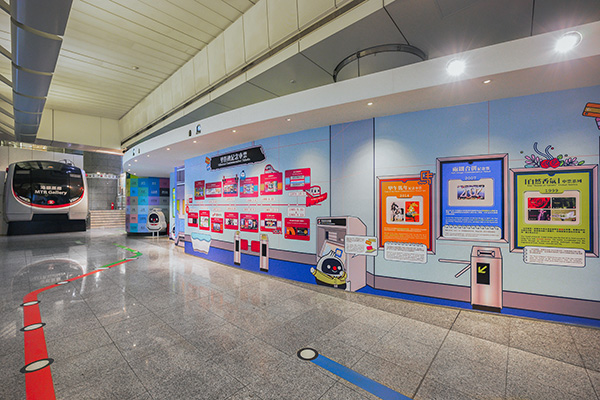

See an MTR in Figure 2 and the flange with markings described in Figure 3. Materials are often produced to meet more than one specification and type (e.g., API 5L Gr BM/X42M PSL2 & A/SA 333 Gr 6). These standards also require that in addition, the material has specific markings for identification and to certify compliance to the standard(s) (e.g., etched, painted, or stamped). See the hard copies of project turnover in Figure 1 above (the picture is intentionally blurred) and digital copies of project turnover in Figure 4 below.Ī material or mill test report (MTR) is a quality assurance (QA) document used by material producers in metal and other industries to certify a material’s chemical and physical properties and state compliance with specific standard(s). There are problems with obtaining and properly storing or retrieving significant amounts of material data that has limited usefulness. Most personnel who specify MTR requirements have no way of understanding the implications or total cost. Turnover of MTRs to the owner-user is usually not required, rarely provides the added value that is assumed, and often consumes valuable project resources. With this information, projects and owner-users can eliminate headaches and reduce costs, while still maintaining all their quality and technical requirements. I will also describe why this is a problem much more than wasted paper or MBs and recommend best practices that are easily implemented. I will give specific examples from relevant Acts, Codes, Regulations, and Standards to prove that MTR turnover to the owner-user is usually not required and provide examples to clearly demonstrate how this increases costs but does not add value. In this article I will describe what MTRs are, how these are used during manufacturing, and when these are mandatory for turnover in the manufacturing record book (MRB) or vendor data book (VDB) to the owner-user for retention as a permanent record. It is a commonly held belief with oil & gas (O&G), oil sands, and pipeline projects that material test reports (MTRs) are always required for turnover to the owner-user, but that is untrue. If you think that MTR turnover to owner-users is always required, think again!


 0 kommentar(er)
0 kommentar(er)
